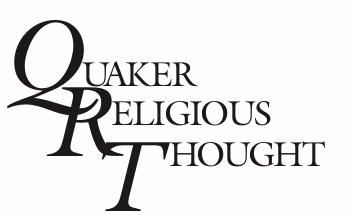
Abstract
From their beginning, Friends have benefited from the religious ideas and spiritual practices of other communities.1 Such influences and confluences have always been a sign of spiritual openness and vitality among religious communities across history. Where, for example, would Augustine of Hippo, the most influential theologian in the history of Western Christianity, be without the insights of the pagan Neoplatonist philosopher Plotinus? This essay considers two persons who identify as both Buddhist and Quaker yet define that relationship in complementary ways.
Like other Christians, such as Ruben Habito and Paul Knitter,2 some Friends have explored the gifts of other-than-Christian communities. For some, this has led to a respectful borrowing of practices. For others, it has resulted in dual membership in Quakerism and another religion. Each of these poses challenges. Borrowers must consider the ethics of their actions, perhaps especially borrowers whose cultural histories include oppression and colonization of others. Dual belongers have to face the competing demands of two religious systems with their different concepts of self, reality, divinity, worship, meditation, and ethics.
Recommended Citation
Birkel, Michael
(2017)
"Quaker-Buddhist Blendings,"
Quaker Religious Thought: Vol. 129, Article 2.
Available at:
https://digitalcommons.georgefox.edu/qrt/vol129/iss1/2
Included in
Buddhist Studies Commons, Christian Denominations and Sects Commons, Christianity Commons
